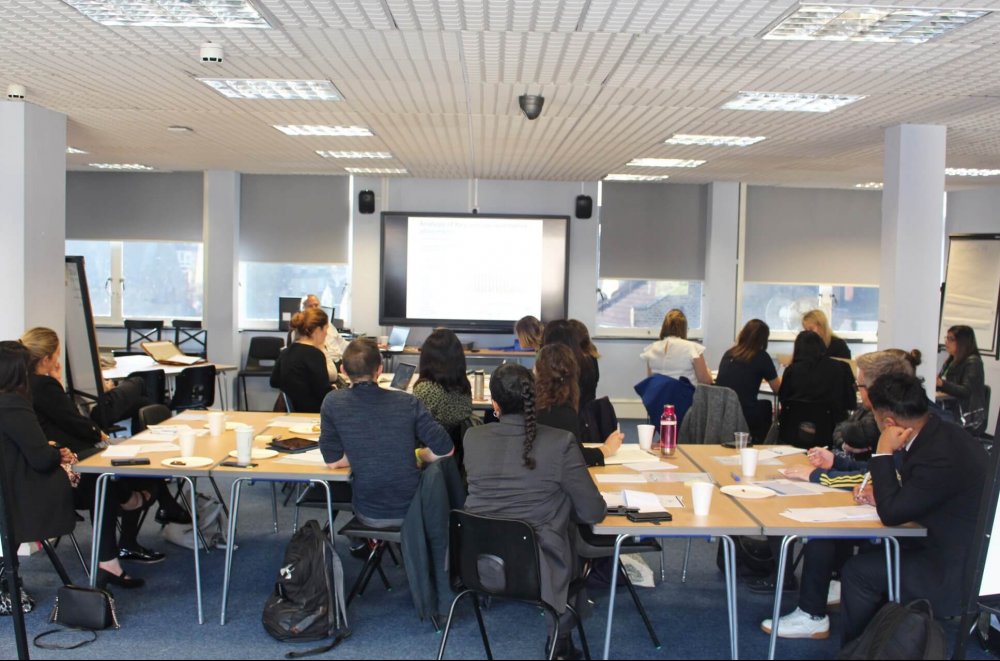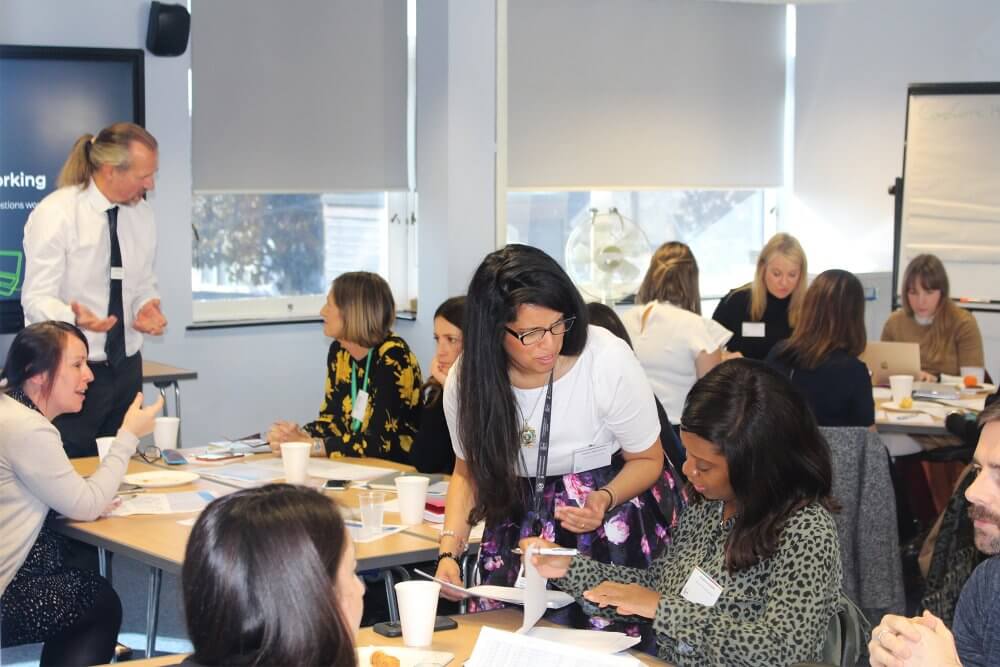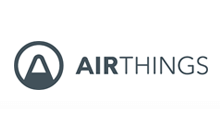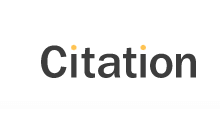 Thursday 10th October 2019 saw the Assessment Networking Group for 2019. The user group is a useful opportunity to explore the ways in which we are managing and utilising our data.
Thursday 10th October 2019 saw the Assessment Networking Group for 2019. The user group is a useful opportunity to explore the ways in which we are managing and utilising our data.
With the education inspection framework changing in September 2019, many schools have been sent into a frenzy in regards to data. If you listen closely enough, you can hear schools all across the country burning their data.
Here are 3 things we know:
- There are 4 categories that inspectors will focus on: quality of education, behaviour and attitudes, personal development and leadership and management.
- Inspectors will assess the Quality of Education based on Intent, Implementation & Impact
- There will be an increased focus on reducing teacher workload
To explore this further and find out what data means for schools under the new framework we held a successful assessment networking event and heard from a number of great guest speakers.
Our first speaker was a lead inspector who has had experience inspecting schools both under the old inspection framework and the new inspection framework. He distilled what schools should be looking out for and probed the delegates with some key questions they should be asking themselves. He touched on tools that are freely available within SIMS to be able to track students.
 We also heard from a Deputy Headteacher from a school in Newham, on their experience of an OFSTED inspection and how, although they were inspected under the old framework, their lines of enquiry were under the new inspection framework. He also spoke about how they are using their MIS system to facilitate data collection and ensure that learners are developing knowledge and skills to achieve well.
We also heard from a Deputy Headteacher from a school in Newham, on their experience of an OFSTED inspection and how, although they were inspected under the old framework, their lines of enquiry were under the new inspection framework. He also spoke about how they are using their MIS system to facilitate data collection and ensure that learners are developing knowledge and skills to achieve well.
The second half of the session gave delegates the chance to view the new data analysis tools in development by The Education Space, which showcase assessment & attendance dashboards that can be built for schools to help make data analysis as simple and easy to understand as possible.
The main aim of the networking group was to allow delegates the opportunity to speak to other Assessment Coordinators and share practices that work in their school as well as some activities designed to get the delegates thinking about how they can better use their data. This proved a massive hit and was reflected in the feedback forms with some fantastic responses.




